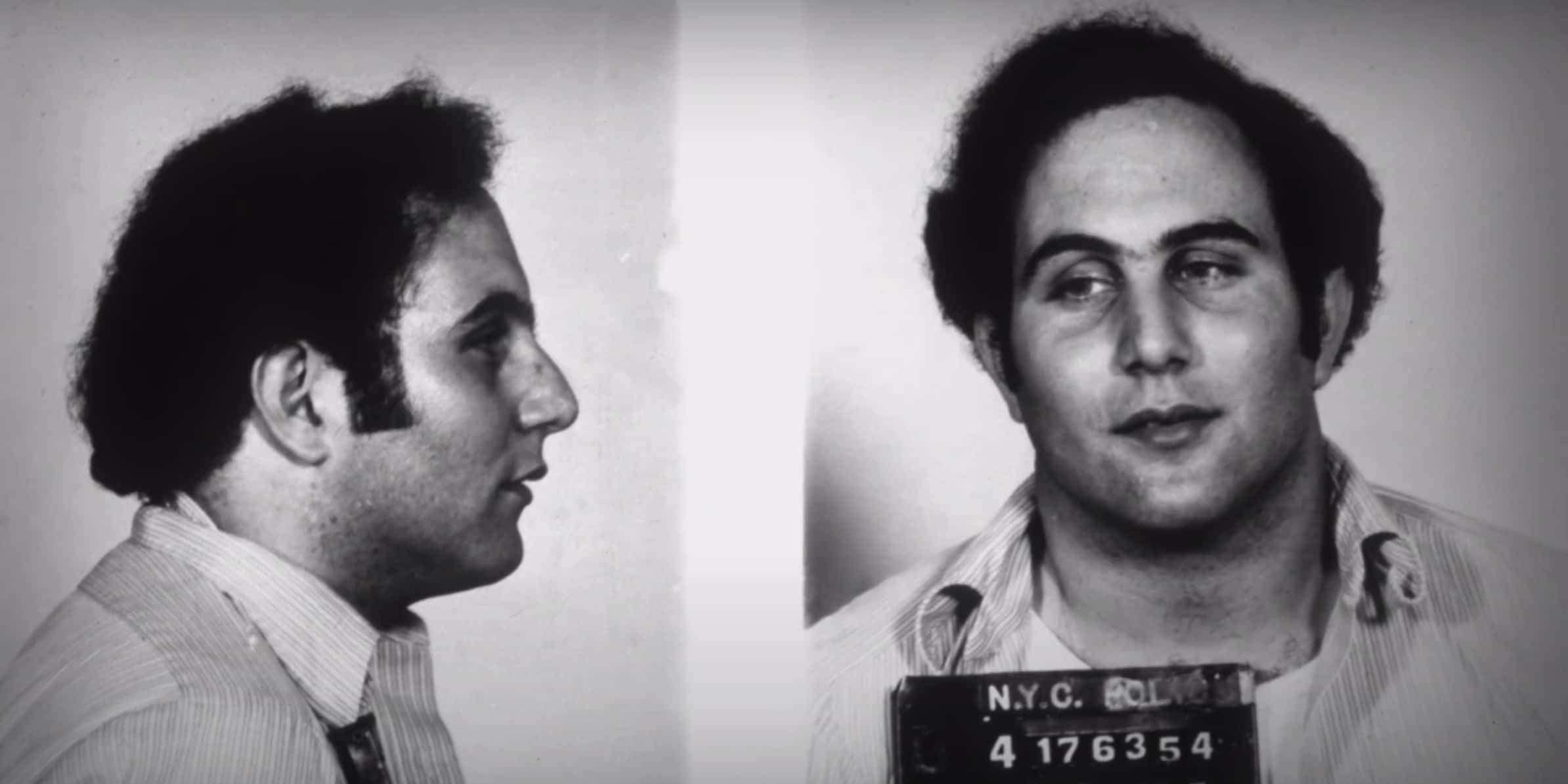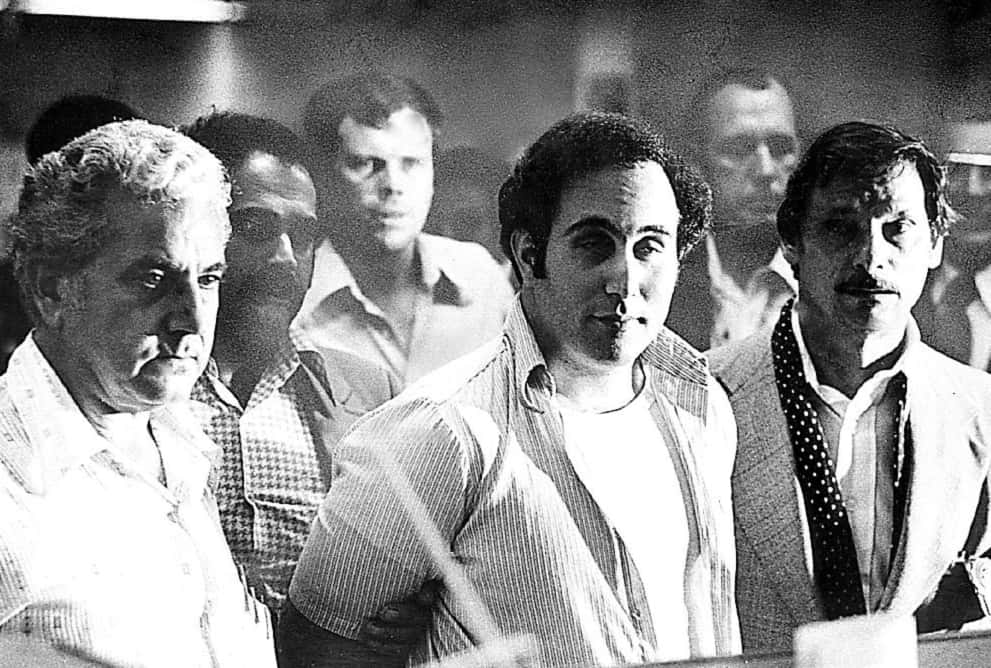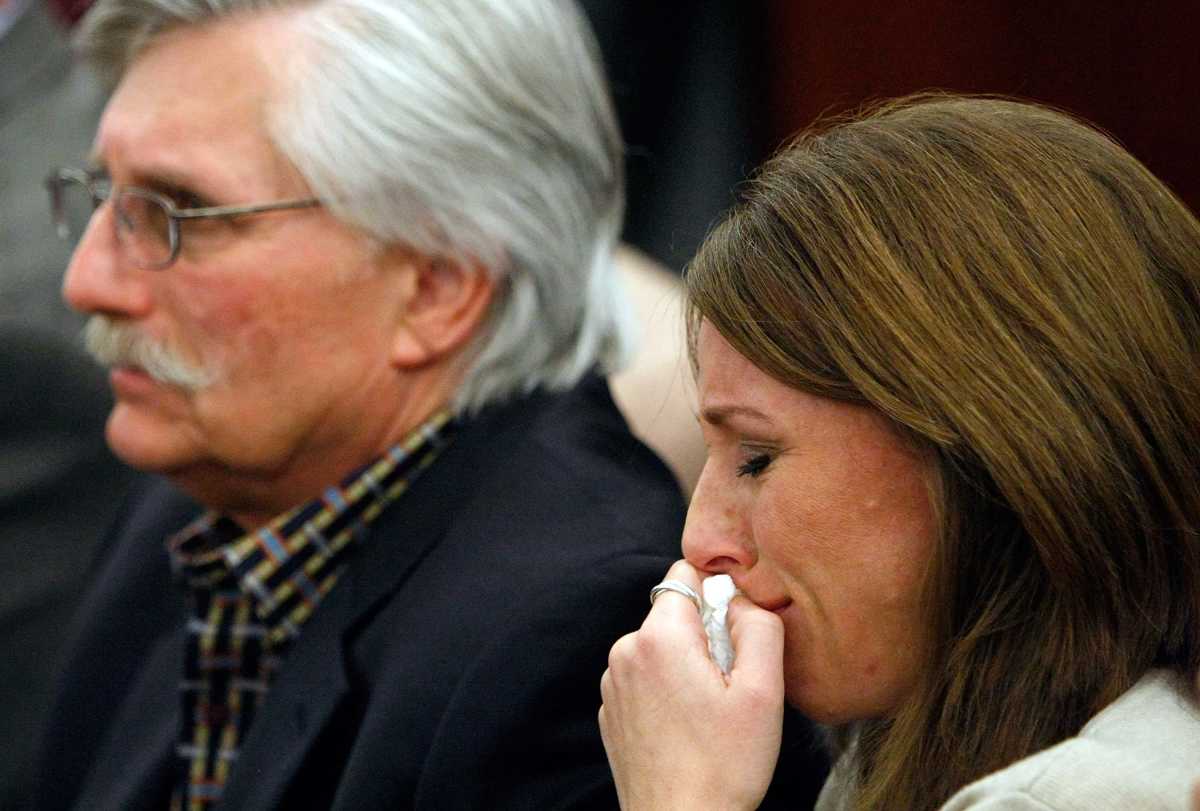What is Son of Sam law? How serial killer David Berkowitz's growing media presence was restrained legally

In his 1981 confessional to journalist Maury Terry, infamous serial killer David Berkowitz, aka the Son of Sam, admitted he was guilty of the murderous spree he had been charged with. "But I didn't do it all," wrote Berkowitz, thus solidifying Terry's suspicions that there wasn't just one "Son of Sam". Terry had always speculated there more people who were part of an alleged satanic cult, including Berkowitz's neighbor John Carr, who went around killing eight people between 1976 and 1977. But much like his own suspicion, Terry wasn't the only one obsessed with the gruesome murders true crime convicts unleash about society.
Circling the magnetic pull with which true crime and depraved murderers draw their fans in, Netflix's new documentary 'The Son of Sam' explores Terry's lifelong quest to bring to justice what he believes was a cult that Berkowitz was allegedly a part of. But even though Terry's pursuit might have been left as a mysterious conspiracy theory, the prospect of convicted criminals profiting off the obsession and interest of general masses in them was definitely deemed notorious by the US legal system. And thus the Son of Sam law came to be.
RELATED ARTICLES:
What is the Son of Sam law?
In simple terms, the highly criticized and debated law is a blanket term for any law that keeps criminals from benefiting from the publicity of their crimes. With true crime fanatics and a million documentaries pegged on infamous serial killers since the time of Jack the Ripper, it's not a difficult feat to get a publisher, producer, or even a writer interested in the convict's version of the story. Why they did what they did - what went wrong in their childhood, what propelled them to such heinous crimes are topics pop culture has fetishized, and often the narrative is tweaked to resemble public interest, in a manner where it's portrayed as something the masses need to know.
But to protect the victims of these criminals, there are laws in place that authorize the state to seize the money profited by criminals from selling the rights to their story to media and other outlets. These laws are dubbed as the Son of Sam laws that compensate the criminals' victims should there be any such profit earned from the convict telling their story.

Origin of the Law
The term 'Son of Sam' derives its origins from Berkowitz, of course, who used the moniker to unleash his killing spree in New York of mid-1970s. Soon after he was arrested, Berkowitz's frequent presence in the media led to speculation that he might end up selling his story to interested parties, who would then turn it into a profitable art - a book or a movie. This propelled the New York State Legislature to pass a preemptive legal statute, invoking the first of its kind Son of Sam law even though Berkowitz denied any interest in making such a deal.
Invoked 11 times between 1977 and 1990 in New York, the law can also be extended to the criminal's friends, families and loved ones who might seek to profit by telling their story in relation to the convict. This led to widespread criticism of the law, with critics claiming it infringed on freedom of speech, thereby violating the First Amendment.

Criticism of Son of Sam law
Along with the violation of free speech, critics also argue that Son of Sam laws took away the financial incentive that many criminals have in telling the full details of their stories - some of which might be matters of public interest. Shortly after its initiation, the law was eventually ruled unconstitutional by the Supreme Court of the United States in a 8-0 vote in 1981 as it found it overinclusive and argued that it would have prohibited the publishing of books like 'The Autobiography of Malcolm X', 'Thoreau's Civil Disobedience', and 'The Confessions of Saint Augustine.'
Eventually, after several revisions, New York adopted a version of the law in 2001, where the victim party is notified whenever the person convicted of a crime receives $10,000 or more from virtually any source. The victims are then granted a statute of limitation within which they can sue the perpetrator of the crime in court, with the Crime Victims' Board acting on the victim's behalf in limited circumstances.

Invoking the Son of Sam law
In the past, the law had been used against the likes of Mark David Chapman, the murderer of John Lennon, and against Barry Keenan, one of the men who kidnapped Frank Sinatra, Jr in 1963. Even when OJ Simpson wrote his tell-all book 'If I Did It', about being acquitted of the murder of Ron Goldman, the court granted Goldman's family the rights to the book to settle the wrongful death claim the family had won against him.
In high profile cases of national security related to terrorism and espionage, the Son of Sam law has been invoked in the past to hand over all prospective profits earned by book or movie deals to the US Treasury.










